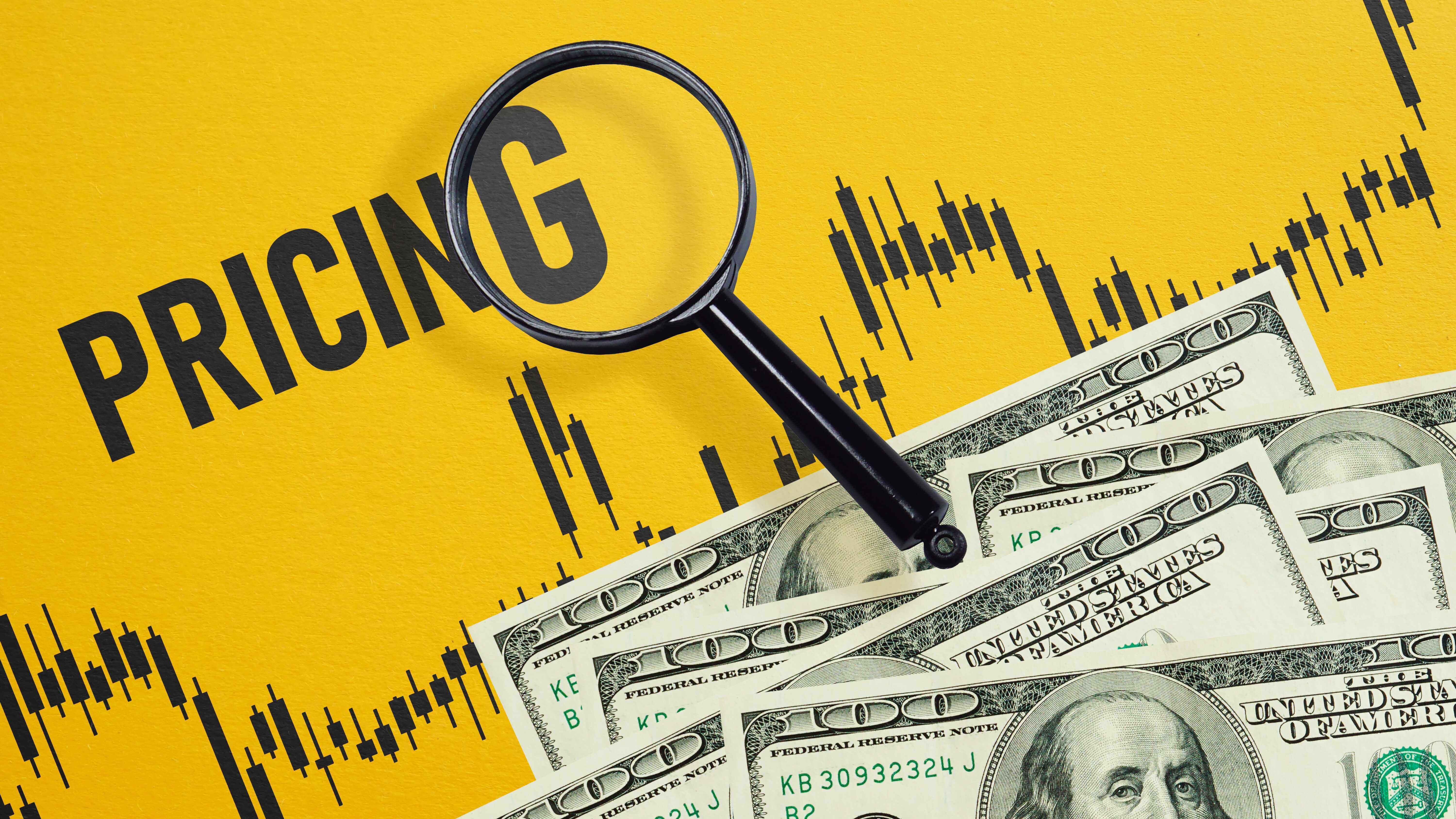Warren Buffett Just Added $94 Million To This Long-time Holding That's Up More Than 325% Since He First Bought Shares

Warren Buffett hasn't seen a lot to like in the stock market for some time now. The Berkshire Hathaway CEO has sold more equities from the conglomerate's investment portfolio than he's added to it in each of the last eight quarters. The selling accelerated in 2024, totaling $133 billion through the first nine months of the year. We'll get the full-year update next month.
One of the biggest challenges Buffett faces is that the massive size of Berkshire Hathaway's portfolio limits his investable universe. He can't make meaningful investments in small-cap companies -- the amounts involved wouldn't move the needle for Berkshire much even if such a stock took off. And since the biggest companies, where Berkshire could potentially deploy the most capital, have also become some of the most expensive from a valuation standpoint lately, Buffett doesn't have a lot of tempting options. But his latest Securities and Exchange Commission disclosure shows he's found a place to invest nearly $100 million more of Berkshire's cash.
Where to invest $1,000 right now? Our analyst team just revealed what they believe are the 10 best stocks to buy right now. See the 10 stocks »
Buffett first invested in Verisign (NASDAQ: VRSN) in 2012, and at the time of this writing, the shares have gone on to increase by at least 325% since then. He continued to buy shares in 2013 and 2014, but it has been more than 10 years since he added to the position. Here's why he's coming back to Verisign now.
Image source: The Motley Fool.
An internet monopoly
Verisign owns the exclusive rights to register websites with .com and .net top-level domains granted by the Internet Corporation for Assigned Names and Numbers, or ICANN. Its monopoly on the most popular domain names is only curbed by price increase restrictions built into its contracts. Its current contracts allow it to raise prices 7% and 10% per year for .com and .net domain names, respectively, starting two years after signing each contract.
Verisign must periodically renew its contracts with ICANN, but those renewals are automatic as long as it meets certain requirements. Verisign must pay a fee to ICANN, operate critical internet infrastructure, and provide uninterrupted domain name system (DNS) services. It has managed to uphold its end of the bargain for 27 years, and there's no indication that it won't be able to continue doing so for years to come.
As a result, Verisign has been able to steadily increase its prices, resulting in steady revenue and profit growth over time. Verisign has grown its revenues by more than 50% over the last 10 years as it raised prices and the number of registered domains increased. Since the business has tremendous operating leverage, net earnings grew by an even-faster 146% in that period.
While newer top-level domains have entered the market, the demand for .com and .net domains remains strong. Most companies don't want to compromise when it comes to their online image, and .com carries an air of professionalism that others don't. While Verisign's domain name base fell slightly in 2024, there's little threat that other domain names will sap its core customer base. Over the five-year period that ended in September, the total number of .com and .net domains was up by 7.8%.
As a result of its steady growth in revenue and the limited capital expenditures needed to support its DNS services, Verisign has been growing its free cash flow. It returns capital to shareholders through share repurchases, and as a result, its earnings per share have grown substantially faster than its net income. Shareholders, including Berkshire Hathaway, have seen the benefits.
Why Buffett's buying now
Though the company has delivered steady improvements in revenue and earnings per share, Verisign's stock has, for the most part, moved sideways over the last five years. That may have been due to concerns that regulatory pressure could impede its monopolistic business. The incoming Trump administration is unlikely to put any additional regulations on Verisign, but the stock still trades around the same price as it did in early 2020.
In short, after five years of steady business growth, Verisign's valuation looks appealing. Even after the run-up in price that followed the news of Buffett's latest purchase, shares trade for about 24 times analysts' 2025 earnings expectations. That's a fair price to pay for a great business with a clear path to grow revenues, significant operating leverage, and a stock-buyback program that increases the value of future earnings for shareholders.
Buffett's biggest challenge remains being able to invest as much as he'd like to in a stock he finds attractive. Berkshire already owns 13.8% of Verisign, and its market cap of $20.3 billion makes it difficult for Buffett to invest hundreds of millions of dollars more in it. But retail investors will have no trouble buying as many shares as they want of this internet monopoly.
Don’t miss this second chance at a potentially lucrative opportunity
Ever feel like you missed the boat in buying the most successful stocks? Then you’ll want to hear this.
On rare occasions, our expert team of analysts issues a “Double Down” stock recommendation for companies that they think are about to pop. If you’re worried you’ve already missed your chance to invest, now is the best time to buy before it’s too late. And the numbers speak for themselves:
- Nvidia: if you invested $1,000 when we doubled down in 2009, you’d have $352,417!*
- Apple: if you invested $1,000 when we doubled down in 2008, you’d have $44,855!*
- Netflix: if you invested $1,000 when we doubled down in 2004, you’d have $451,759!*
Right now, we’re issuing “Double Down” alerts for three incredible companies, and there may not be another chance like this anytime soon.
*Stock Advisor returns as of January 13, 2025
Adam Levy has no position in any of the stocks mentioned. The Motley Fool has positions in and recommends Berkshire Hathaway and VeriSign. The Motley Fool has a disclosure policy.


